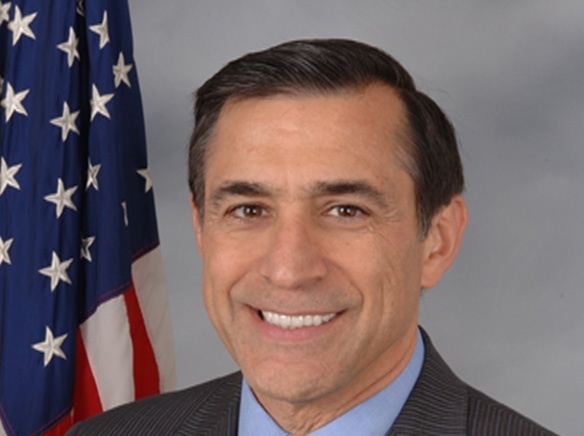A Tuesday 9 a.m. motion hearing in federal court lasting less than 10 minutes resulted in Republican Congressman Duncan Hunter Jr.’s and Margaret Hunter’s trial start date getting pushed back up to three weeks.
Hunter and his wife were indicted Aug. 21 for personal use of campaign funds between 2010 and 2017 and totaling more than $250,000.
Federal law stipulates that criminal trials must begin a little over two months after defendants are formally charged in court.
A Tuesday 9 a.m. motion hearing in federal court lasting less than 10 minutes resulted in Republican Congressman Duncan Hunter Jr.’s and Margaret Hunter’s trial start date getting pushed back up to three weeks.
Hunter and his wife were indicted Aug. 21 for personal use of campaign funds between 2010 and 2017 and totaling more than $250,000.
Federal law stipulates that criminal trials must begin a little over two months after defendants are formally charged in court.
According to the Speedy Trial Act, trials must begin within 70 days from the date the information or indictment is filed, or from the date the defendant appears in court, whichever is later. The law also states that a trial may not commence less than 30 days after the defendant appears in court, unless the defendant agrees in writing to an earlier date.
The Hunters were arraigned Aug. 23.
Had the delay not been granted the Hunters’ trial would have started Nov. 1, five days before congressional elections take place on Nov. 6.
However, with the added time both the prosecution and defense could see the trial start Nov. 22, about two week after voters must decide if they want to re-elect Hunter.
During the same hearing Duncan Hunter’s attorney Greg Vega requested that Judge Thomas Whelan waive the requirement for Hunter to appear in court on Sept. 24 for a status hearing. Whelan denied the request.
The Hunters both pleaded not guilty to 60 counts of conspiracy to commit offenses, wire fraud, falsification of records and prohibited use of campaign funds. At their arraignment Hunter’s bail was set at $15,000 and Margaret Hunter’s bail was $10,000.
According to a 47-page indictment, the Hunters expenditures using campaign funds included family vacations, meals, private school tuition and household utility bills.
Despite his indictment, Hunter will be on the ballot for reelection in the 50th district, up against Democratic candidate Ammar Campa-Najjar come November.














